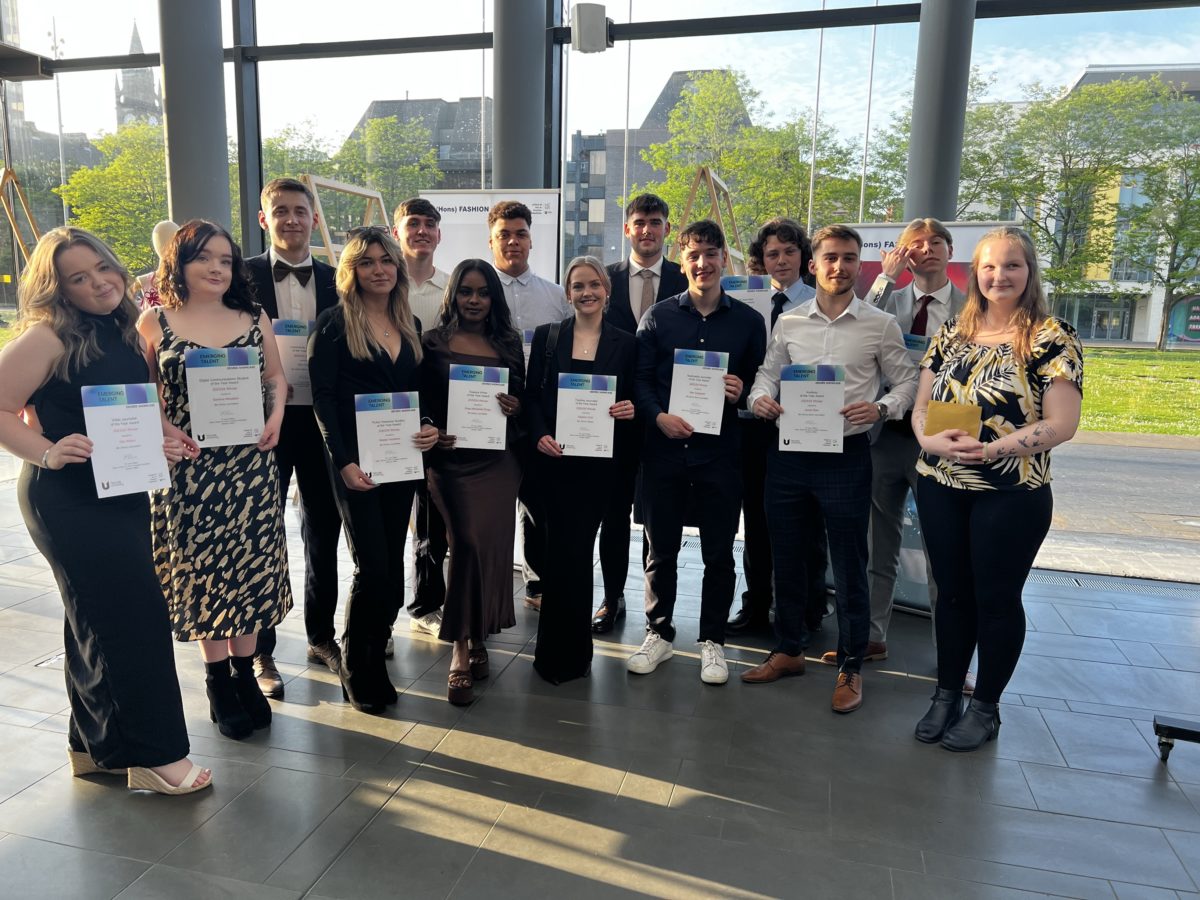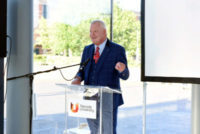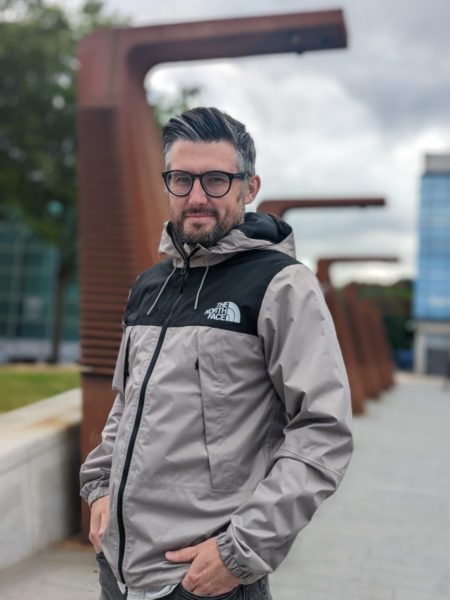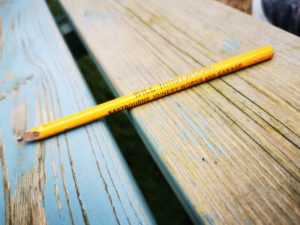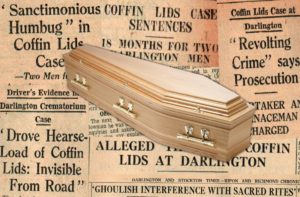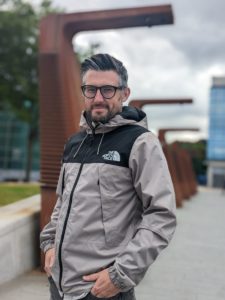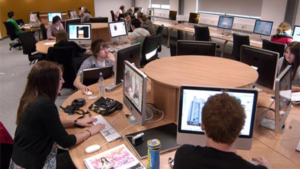The event, which was hosted by Jeremy Armstrong, The Daily Mirror’s North-East Correspondent, took place at the Middlesbrough Institute of Modern Art as part of Teesside University’s School of Arts and Creative Industries’ Degree Showcase week of events.
Journalism and Fashion degree students received awards based on exceptional work produced during the past academic year.
The winners receive a week’s work experience at the company which sponsors the individual award.
Winners were commended for the skills learnt on the BA (Hons) Journalism; BA(Hons) Sports Journalism and BA (Hons) Fashion degrees
Among the awards were Multimedia Journalist of the Year, Best Sport Feature Writer and Blogger of the Year.
Prizes included a number of work placements with Teesside Live, The Hartlepool Mail along with work experience at BBC Tees and Bauer Media.
A number of special academic awards were also given out, including the award for the best degree Final Project.
Award’s host Jeremy is based in Newcastle upon Tyne and reports on the North East region for the Daily Mirror.
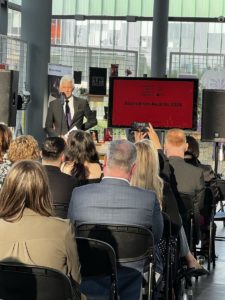
He is also sports news correspondent and has worked around the world covering football World Cups, and Olympic Games, since 1998.
Jeremy was sent to report on the war in Afghanistan in 2001, covered the 2009 trial of Josef Fritzl in Austria, the story of canoe man John Darwin, and the hunt for Raoul Moat.
In 2020, he broke the scandal of Dominic Cummings breach of lockdown rules. Last year he travelled to Israel to cover the war in Gaza.
Jim Entwhistle, Course Leader for Journalism and Sports Journalism in the School of Arts and Creative Industries, said:
“These awards recognise the hard work and excellent calibre of our current journalism students and the students were thrilled to be awarded their prizes by Jeremy.”
“I would like to thank all of the media organisations who generously contributed prizes to this celebration of our students’ achievements.”
Here are the winners:
Vlogger of the Year – sponsored by Teesside University Communications and Development
Winner: Kanye Ochieng- Chambers
Content Producer of the Year – Sponsored by Middlesbrough Institute of Modern Art (MIMA)
Winner: Thomas Hodgson
Feature Writer of the Year – sponsored by The Northern Echo newspaper
Winner: Roaa Mohammed Elhag
Multimedia Journalist of the Year – sponsored by Teesside Live
Winner: Ben Sedgwick
Community Reporter of the Year, sponsored by The Hartlepool Mail newspaper
Winner: Rory Clark
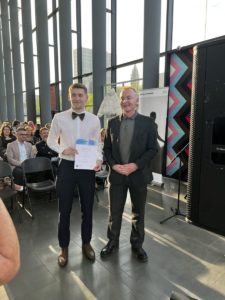
Audio Journalist of the Year, sponsored by Bauer Media
Winner: Ashley Stone
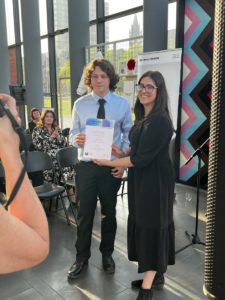
Video Journalist of the Year, sponsored by UK Local TV
Winner: Ella Wilson
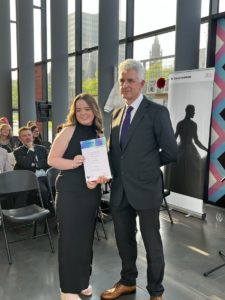
Digital Communications Student of Year, sponsored by Harvey and Hugo PR Agency
Winner: Gemma Woolston
Ali Brownlee Sports Coverage Award –sponsored by BBC Tees
Winner: Ben Rowell
Creative Communications Campaign – sponsored by Durham County Cricket Club.
Winner: Danny Nicholson
Public Relations Student of the Year – sponsored by DTW PR Agency
Winner: Maddy Hockborn
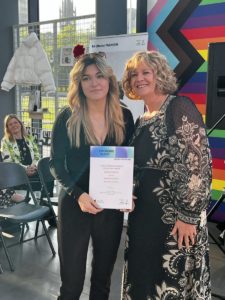
Portfolio of the Year – sponsored by Great North Air Ambulance Service
Winner: Jacob Raw
Fashion Journalist of the Year – Sponsored by Sunday Girl Magazine
Winner: Eleanor Cork
Best Newcomer – Sponsored by Teesside University
Winner: Melissa Wade
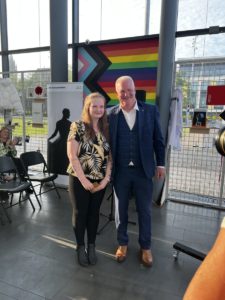
Best Final Project – Sponsored by Teesside University
Winner: Josef Murray
Find out more about studying journalism at Teesside University


